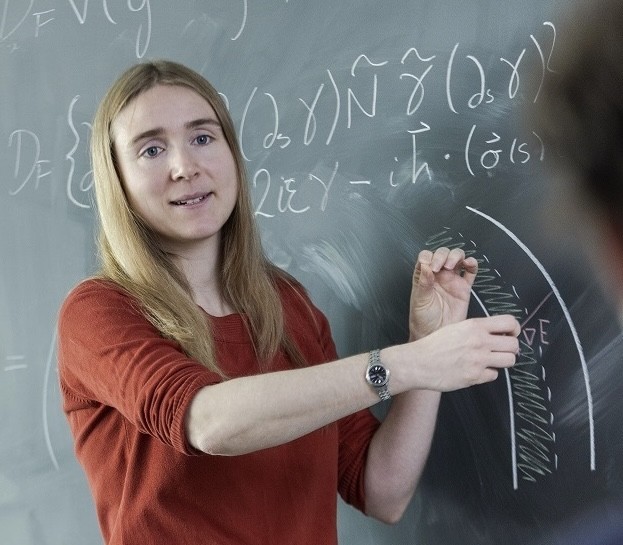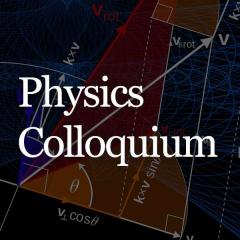Investigating superconductivity for computation and communication using magnetism, light and strain
Speaker: Dr Sol H Jacobsen
Affiliation: Norwegian University of Science and Technology (Norway)
Abstract
Superconductivity is fertile ground for revealing fundamental physics, yielding five Nobel prizes thus far, and has enabled myriad applications from sensors to high-resolution medical imaging. A primary feature of superconductors is that they expel magnetic fields; superconductivity and magnetism are typically competing phases of matter. By finding ways to combine them, we can retain the utility of magnets for computation and information processing, using both electron charge and spin, and gain resistance-free superconducting currents. This field of superconducting spintronics is a promising route for reducing the energy waste associated with high performance computing and data centres, while revealing how competing phases of condensed matter interact. This lecture will discuss how to design controllable structures to probe and manipulate this interaction via light, proximity coupling, curvature and strain, and consider the future of high-capacity, low-dissipation computing and communication.
Biography
Dr Sol H. Jacobsen is a senior researcher at the QuSpin Center for Quantum Spintronics, at the Norwegian University of Science and Technology, where she leads a group that examines the fundamental physics of how superconductors interact with light and matter. She received the University of York (U.K.) Goodwin Prize for Physics, and an Australian Endeavour scholarship for her Ph.D. at the University of Tasmania. In 2019, she was awarded a Young Research Talents grant by the Research Council of Norway (RCN), and was selected as an Outstanding Academic Fellow of NTNU. The U.K. Journal of Physics named her as an Emerging Leader in Condensed Matter Physics of 2023. Her newest project, SuperFlex, will investigate the role of strain and curvature in superconducting structures.

About Physics colloquium
The Physics Colloquium series hosts a range of speakers from Australia and abroad. The series explores a variety of topics and everyone is welcome to come along. The seminars are open so there is no need to register your attendance.
If you would like to sign up for colloquium announcement emails, you can join the mailing list by sending a blank email to:
- For UQ email addresses: physics-colloquium-others-join@lists.science.uq.edu.au
- For non-UQ email addresses: physics-announce-external-join@lists.science.uq.edu.au
(Note: if you receive physics-all emails, you should already receive these and don't need to sign up again).

